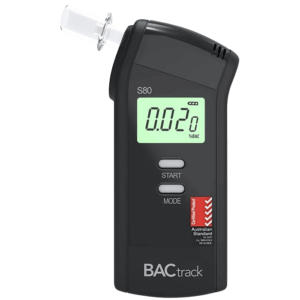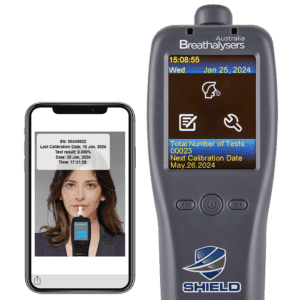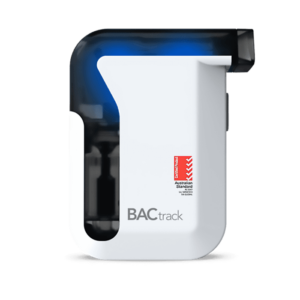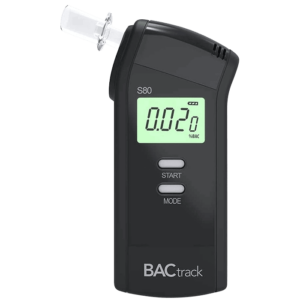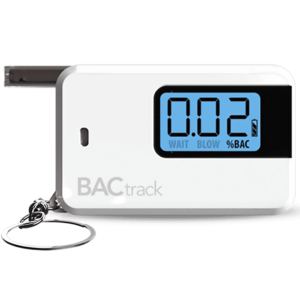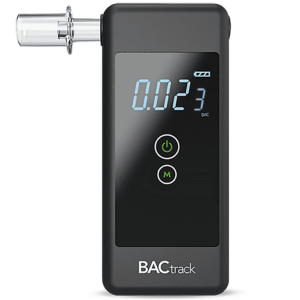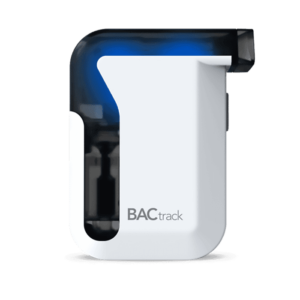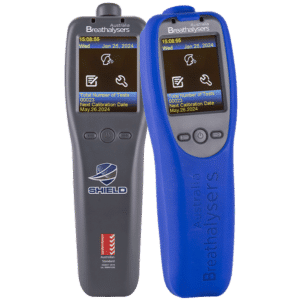Lab Test Alcohol: What It Is and the Types of Tests
10 January, 2024
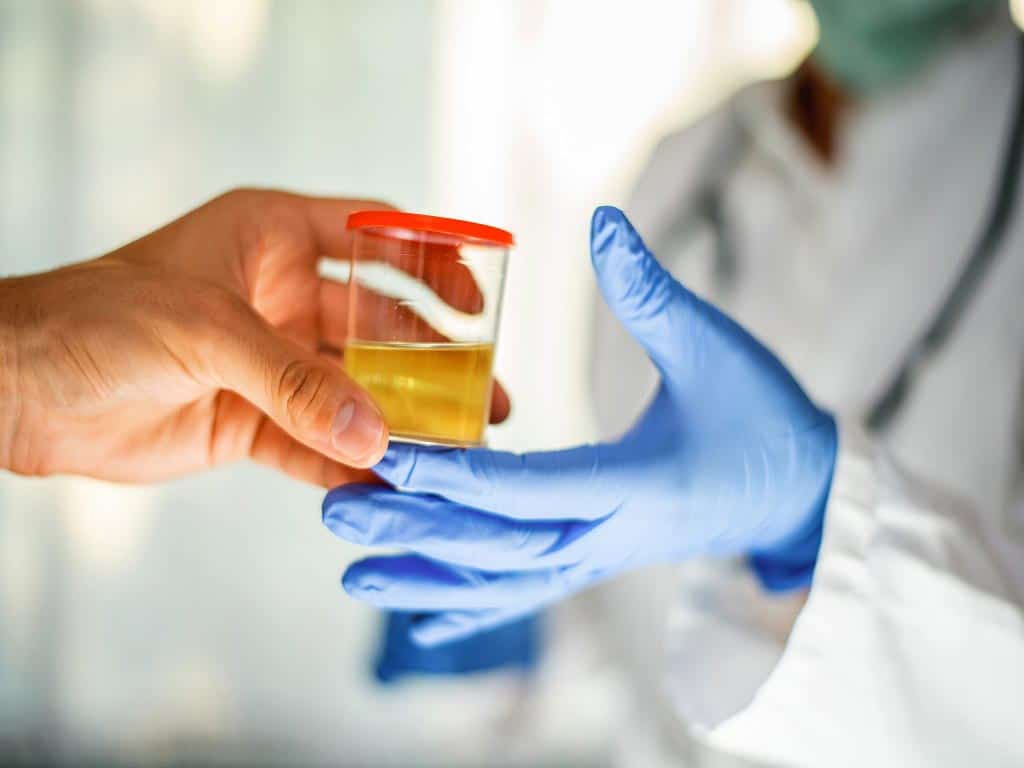
Alcohol poisoning is one of the results of excessive alcohol consumption. It affects the central nervous system and can have severe consequences on health. Thus, alcohol testing is essential. Individuals and organisations can avail of services from a testing provider for lab test alcohol. They typically offer various types of testing methods. Some of the most common are blood alcohol tests, breath tests, and urine alcohol tests. The results they provide are beneficial in workplaces and treatment centres.
Heavy drinking can cause people to have high blood alcohol levels. Consequently, they can get into accidents or engage in risky behaviours. Thus, police officers, employers, and medical professionals require alcohol testing. Conducting it in laboratories ensures accurate and reliable results, leading to more informed decisions. For more information about lab testing, the following sections will present what it is, the different types of tests, and the interpretation of test outcomes.
What Is a Lab Test for Alcohol?
A lab test for alcohol is a method that detects alcohol use. Moreover, it determines the amounts of alcohol present in the body. It is beneficial in various settings. For instance, healthcare providers utilise it to assess those who may be at risk of developing chronic alcohol or substance use disorders. Also, it is valuable in legal situations, typically, to investigate Driving Under the Influence (DUI) charges.
Furthermore, lab testing for alcohol can help employers ensure a safe and productive work environment. Many companies have policies in place regarding alcohol use and impairment in the workplace. The test can enforce these policies by providing objective evidence of alcohol consumption. Collectors can use blood samples, breath samples, or urine samples to administer the test.
Individuals and organisations rely on laboratory testing because it provides trustworthy results. Unlike testing kits they can purchase over the counter, trained professionals conduct lab tests in controlled environments. Hence, testing in a medical facility eliminates the potential for tampering or false negative and false positive results.
Benefits
- A laboratory test for alcohol helps in detecting the presence and quantity of alcohol in the body. This is crucial for monitoring alcohol consumption.
- The test can aid in diagnosing alcohol use disorder by determining the levels of alcohol in the body. Subsequently, healthcare providers can provide appropriate treatment and support.
- Lab test results can provide valuable insights into the potential health risks associated with alcohol consumption, such as liver damage, cardiovascular problems, and neurological impairment.
- For individuals in certain professions or legal situations, a lab test offers evidence of sobriety or intoxication. This influences legal decisions and employment status.
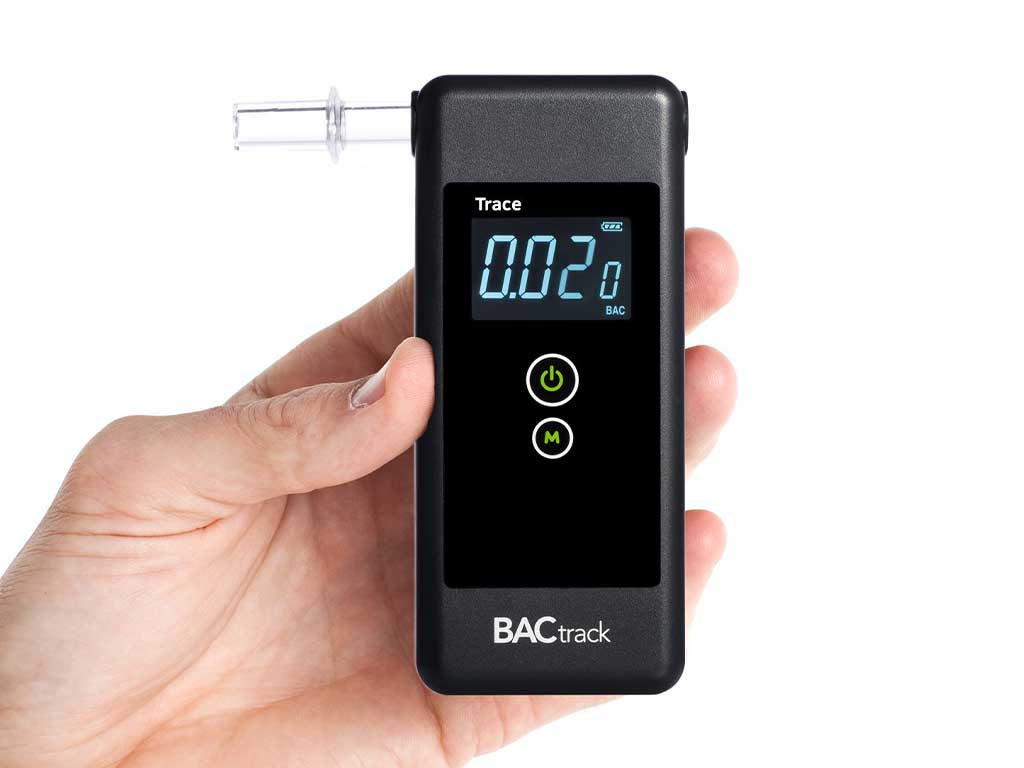
Different Types of Lab Tests for Alcohol
Healthcare providers can perform different types of lab tests for alcohol. One of the most accurate methods is the blood test. It directly measures the concentration of alcohol in the blood. Many people use it in legal settings, as it precisely measures blood alcohol content. Additionally, they can use it to monitor alcohol consumption in individuals undergoing treatment for alcohol addiction.
Another type of lab testing for alcohol is the breath test. It measures the Blood Alcohol Concentration (BAC) in the breath. Police officers commonly utilise it to assess the level of intoxication of drivers. Authorities send them to testing facilities to perform it using a breathalyser device. Breath testing is non-invasive and provides immediate results. Thus, they are valuable for public safety purposes.
Alcohol urine tests are another type of laboratory testing. These can detect alcohol metabolites in the urine, providing information about recent alcohol consumption. Many companies utilise the test for workplace drug and alcohol testing programs. This is because it is easy to administer and cost-effective. Also, it is beneficial for health monitoring because it can offer insights into alcohol drinking habits.
A Closer Look at Breathalysers
Breathalysers are portable devices that measure the BAC levels of people. They work by detecting the presence of ethanol in the breath, which is then converted into a percentage of alcohol in their system. These breath analysers typically use semiconductor and fuel cell sensors that react with alcohol.
The interaction of breath with semiconductor technology causes changes in the electrical resistance of the sensor, which are then measured and converted into a BAC reading. Meanwhile, fuel cell sensors use a chemical reaction between alcohol and oxygen to generate an electrical current. This is also converted into a BAC reading.

Interpreting the Results of a Lab Test for Alcohol
Understanding the significance of specific alcohol biomarkers, like BAC and liver enzyme levels, is crucial when interpreting the results of lab tests for alcohol. The BAC test measures the amount of alcohol in the bloodstream, typically indicating intoxication levels. Additionally, liver enzyme tests can reveal the extent of alcohol-induced damage to the liver. These results are vital in diagnosing alcohol-related disorders and assessing overall health.
A positive test result is when the outcome exceeds the legal limit of alcohol intoxication, which varies by jurisdiction. However, it is vital to note that false-positive results may occur due to external factors. Some examples are the presence of certain substances in the body or errors in the testing process. Health professionals must consider these potential factors and confirm results through further analysis if necessary.
Interpreting the lab results involves comparing them to established norms and considering individual factors. Elevated BAC levels may indicate recent alcohol consumption or impairment, while abnormal liver enzyme levels may suggest liver damage or disease. Monitoring these markers over time helps track progress in recovery or the effects of alcohol consumption.
Legal Limits
In New Zealand, the legal limit is 0.05%. This is equivalent to consuming approximately two standard drinks within the first hour and one standard drink per hour thereafter. The legal limit is set as a measure to ensure the safety of both drivers and other road users.
Going over the legal limit may result in fines, license suspension, and jail time. Additionally, some drivers may need to adhere to a lower BAC level. These are those under the age of 20 who must have zero BAC. An accurate picture of alcohol consumption is essential in determining the level of impairment while operating a vehicle.
Conclusion
A lab test for alcohol is a method to determine the presence and concentration of alcohol in the body. It is beneficial for healthcare professionals, police officers, and employers. This is because the test allows them to accurately assess alcohol consumption, which can have significant implications for their health, safety, and performance. Various methods are available for testing, including blood tests, breath tests, and urine tests. Each has its advantages and limitations. Hence, understanding their components is necessary.
Laboratory testing provides quantitative results that can interpret intoxication levels or evaluate compliance with alcohol-related regulations. By accurately measuring the amount of alcohol, the tests play a crucial role in legal matters, medical treatment, and public safety. It can lead to the prevention of chronic alcohol abuse and related accidents or incidents. All in all, lab testing is valuable for many individuals and organisations.



















